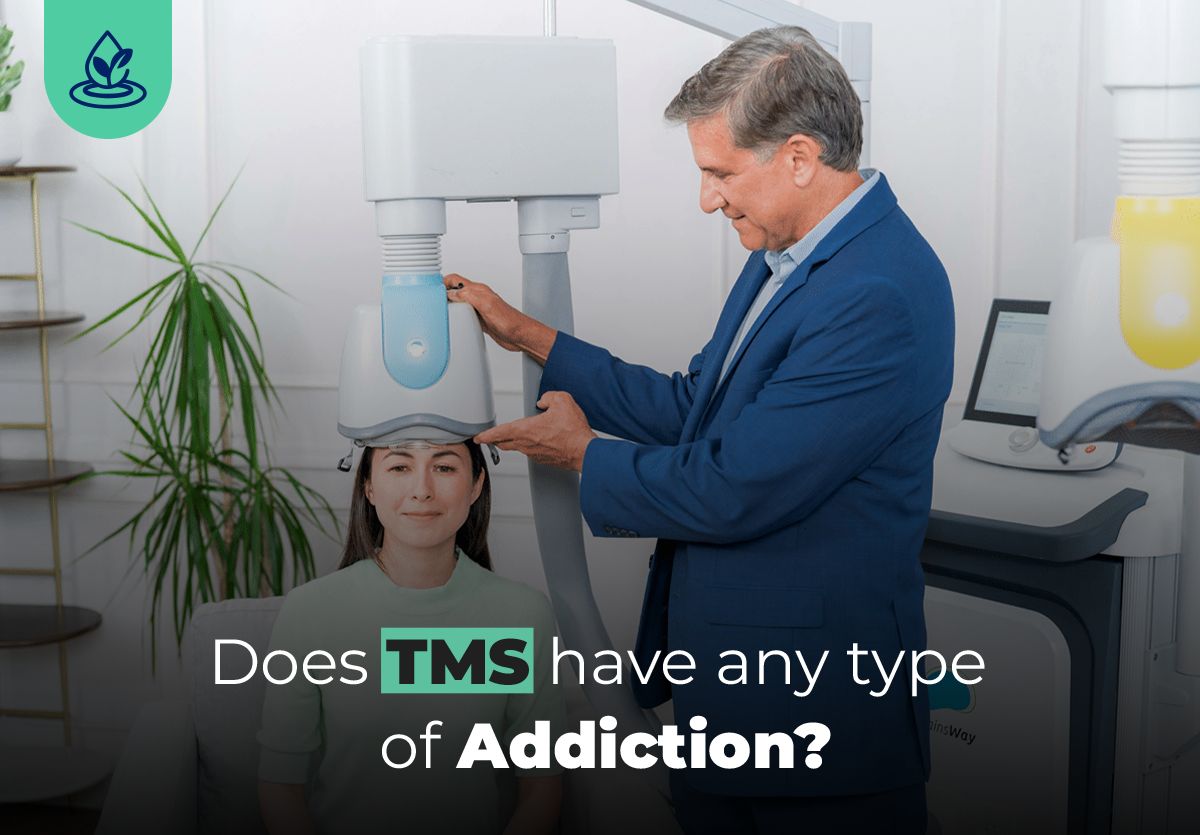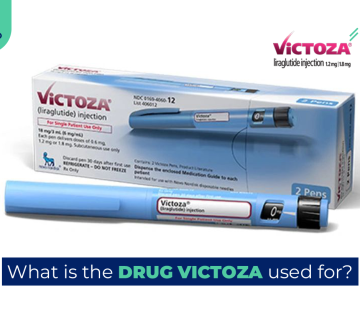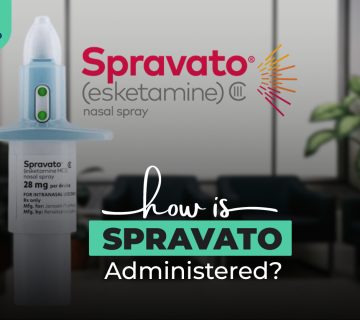Transcranial Magnetic Stimulation (TMS) is a relatively new treatment in mental healthcare. People discuss it a lot. It helps with depression, anxiety, and OCD. But some ask: Does TMS have any type of addiction?
Let’s dig into this together and tackle some big questions. Is TMS for addiction helpful? Is TMS safe? What’s involved in magnetic brain therapy, exactly?
Wondering if TMS can help with addiction? At Atlantis Wellness Center, we offer TMS therapy. It is effective and non-addictive. It will help with your recovery and well-being.
What Is TMS and How Does It Work?
Before tackling issues linked to addiction, let’s get what TMS is. Transcranial Magnetic Stimulation, or TMS, is often called magnetic brain stimulation. This treatment does not need surgery. It uses magnetic fields to stimulate nerve cells in your brain. These magnetic waves aim at certain brain regions that control your mood.
So, what is TMS used for? It’s mainly used to treat serious conditions like MDD. That stands for major depressive disorder. And that’s not all. Research shows TMS treatment might be useful for handling addiction too. They’re specifically studying its impact on alcohol addiction.
Can TMS Cause Addiction?
People often wonder if TMS leads to addiction. The straightforward answer is no. TMS treatment doesn’t result in addiction. It’s not like drugs or alcohol that hook you. Instead, TMS operates by activating certain areas of the brain.
No drug reactions or sudden spikes in dopamine cause addiction. People getting TMS therapy don’t get hooked on it. Many doctors think magnetic brain therapy is a safe choice. It carries no risk of addiction. So, it’s good for those seeking non-addictive treatments.
Is TMS Dangerous?
People often ask, “Is TMS dangerous?” Generally, TMS is seen as safe and easily accepted. But, like all medical treatments, it’s not without side effects. The usual ones are headaches, scalp unease, and feelings of tingling.
These signs often feel weak and don’t last long. Bigger problems like seizures happen rarely and in less than 0.1% of people. Talking about possible risks with your doctor before starting TMS treatment helps.
TMS for Addiction: Does It Work?
As TMS spreads, experts study whether it helps with addiction. Some early research hints TMS could assist with addiction, especially with drugs or alcohol. For example, studies on TMS and alcohol problems seem hopeful. They suggest it might lower cravings and relapse risks.
This is a huge thrill. It offers a hands-off, drug-free choice for those fighting addiction. We must highlight that more studies are needed. They should verify these results. And, assess the long-term success of TMS for addiction.
How Long Does TMS Take?
TMS treatments last between 20 and 40 minutes. The whole process normally takes several weeks. Patients go through about five sessions each week for around four to six weeks. So, how long does TMS take? The answer changes based on each person’s health and how they react. For addiction, studies are still trying to find the best length of magnetic brain stimulation. Like with depression, TMS for addiction needs several sessions over weeks.
Does TMS Therapy Hurt?
Does TMS therapy hurt? That’s a common query. Most say it’s not pleasant but not sore either. You may feel like something is tapping your scalp due to magnetic pulses. However, as time goes on, this feeling lessens. In case of serious unease, let your healthcare provider know. They can tweak things to make your session bearable.
TMS Treatment Centers: Where to Get Help
Thinking about TMS treatment for addiction or mental issues? A TMS treatment center might be the spot to check out. These clinics deliver thorough care. They can determine if TMS is suitable for you.
Healthcare providers at these places know how to check each person’s needs. They can adjust care plans based on that. If you have depression, addiction, or similar issues, a TMS treatment center can help. It can start to fix what is wrong.
TMS and Alcohol Addiction: A Growing Field of Study
A hopeful field of TMS study is its use in curing alcohol dependency. TMS and alcohol studies suggest that magnetic brain stimulation may reduce alcohol cravings. It may work by targeting the brain’s reward system. Traditional addiction treatments usually depend on medication and therapy. TMS treatment offers a different way without needing surgery. People who have failed other treatments might find this magnetic brain therapy useful.
Why Consider TMS for Addiction?
Lots of people feel that usual treatments like medication and counseling do not help enough. TMS helps differently. A big advantage of TMS is no medication. This attracts those worried about getting hooked on something new while fighting their addiction. TMS for addiction is a no-drug option to manage cravings. It may also lower the chances of relapse.
What’s next for TMS?
We keep discovering more about TMS. It’s possible uses are growing wider. Researchers are studying how it can help with mental health issues, like depression and anxiety. They’re also looking at addiction. This could potentially lead to new and better ways to tackle these challenges.
In the future, many may prefer TMS treatment centers for drug-free, surgery-free options. Do you struggle with mental health or addiction? Magnetic brain therapy might offer strong support in your healing.
Conclusion- Does TMS Have Any Type of Addiction?
So, does TMS have any type of addiction? No, TMS doesn’t cause addiction. TMS treatment uses magnetic fields to stimulate parts of the brain. Unlike drugs, it doesn’t cause dependence. Also, recent studies on using TMS to treat addiction are promising. They are especially so for those with alcohol addiction.
If you’re thinking about TMS, talk to a doctor and look for a trusted TMS treatment center to help you. Research is still going on. Maybe TMS will become key in treating addiction and mental health issues.
FAQs
Does TMS cause addiction?
No, TMS does not lead to addiction. It uses magnetic pulses to stimulate the brain. It avoids drugs and chemicals that often create dependence.
Is TMS dangerous?
TMS treatment is usually safe and accepted by most. Minor problems like headaches or scalp pain happen often. Serious dangers, such as seizures, are uncommon.
Can TMS be used for addiction treatment?
Yes, TMS for addiction is a new field of research. Early studies, mostly on alcohol addiction, show good results. They lower cravings and stop relapses.







No comment